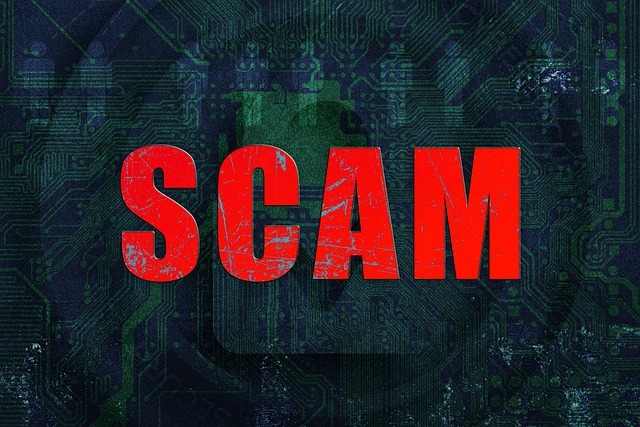BTC (BTC) is a new kind of digital currency-with cryptographic keys-that is decentralized to a network of computers used by users and miners around the world and is not controlled by a single organization or government. It is the first digital cryptocurrency that has gained the public’s attention and is accepted by a growing number of merchants. Like other currencies, users can use the digital currency to buy goods and services online as well as in some physical stores that accept it as a form of payment. Currency traders can also trade Bitcoins in BTC exchanges.
There are several major differences between BTC and traditional currencies (e.g. U.S. dollar):
- BTC does not have a centralized authority or clearing house (e.g. government, central bank, MasterCard or Visa network). The peer-to-peer payment network is managed by users and miners around the world. The currency is anonymously transferred directly between users through the internet without going through a clearing house. This means that transaction fees are much lower.
- BTC is created through a process called “BTC mining”. Miners around the world use mining software and computers to solve complex BTC algorithms and to approve BTC transactions. They are awarded with transaction fees and new Bitcoins generated from solving BTC algorithms.
- There is a limited amount of Bitcoins in circulation. According to Blockchain, there were about 12.1 million in circulation as of Dec. 20, 2013. The difficulty to mine Bitcoins (solve algorithms) becomes harder as more Bitcoins are generated, and the maximum amount in circulation is capped at 21 million. The limit will not be reached until approximately the year 2140. This makes Bitcoins more valuable as more people use them.
- A public ledger called ‘Blockchain’ records all BTC transactions and shows each BTC owner’s respective holdings. Anyone can access the public ledger to verify transactions. This makes the digital currency more transparent and predictable. More importantly, the transparency prevents fraud and double spending of the same Bitcoins.
- The digital currency can be acquired through BTC mining or BTC exchanges.
- The digital currency is accepted by a limited number of merchants on the web and in some brick-and-mortar retailers.
- BTC wallets (similar to PayPal accounts) are used for storing Bitcoins, private keys and public addresses as well as for anonymously transferring Bitcoins between users.
- Bitcoins are not insured and are not protected by government agencies. Hence, they cannot be recovered if the secret keys are stolen by a hacker or lost to a failed hard drive, or due to the closure of a BTC exchange. If the secret keys are lost, the associated Bitcoins cannot be recovered and would be out of circulation. Visit this link for an FAQ on Bitcoins.
I believe that BTC will gain more acceptance from the public because users can remain anonymous while buying goods and services online, transactions fees are much lower than credit card payment networks; the public ledger is accessible by anyone, which can be used to prevent fraud; the currency supply is capped at 21 million, and the payment network is operated by users and miners instead of a central authority.
However, I do not think that it is a great investment vehicle because it is extremely volatile and is not very stable. For example, the BTC price grew from around $14 to a peak of $1,200 USD this year before dropping to $632 per BTC at the time of writing.
BTC surged this year because investors speculated that the currency would gain wider acceptance and that it would increase in price. The currency plunged 50% in December because BTC China (China’s largest BTC operator) announced that it could no longer accept new deposits due to government regulations. And according to Bloomberg, the Chinese central bank barred financial institutions and payment companies from handling BTC transactions.
BTC will likely gain more public acceptance over time, but its price is extremely volatile and very sensitive to news-such as government regulations and restrictions-that could negatively impact the currency.
Therefore, I do not suggest investors to invest in Bitcoins unless they were purchased at a less than $10 USD per BTC because this would allow for a much larger margin of safety.
Otherwise, I believe that it is much better to invest in stocks that have strong fundamentals, as well as great business prospects and management teams because the underlying companies have intrinsic values and are more predictable.
Disclosure: Victor Liang has has no positions in Bitcoins and has no plans to change his position in the next 72 hours.
- Washington Post: Trump to sign new bitcoin legislation on first day in office - January 14, 2025
- Here’s Why Cardano’s Price Might Climb by 140% - January 13, 2025
- A Look Back at Bitcoin’s Historic Year 2024: From ETFs to New All-Time Highs - December 31, 2024



![The strategic approach to AI in the enterprise 6 Top 10 Leading Countries in AI Research and Technology [current_date format=Y]](https://cryptheory.org/wp-content/uploads/2023/08/ai-strategie.jpg)



















